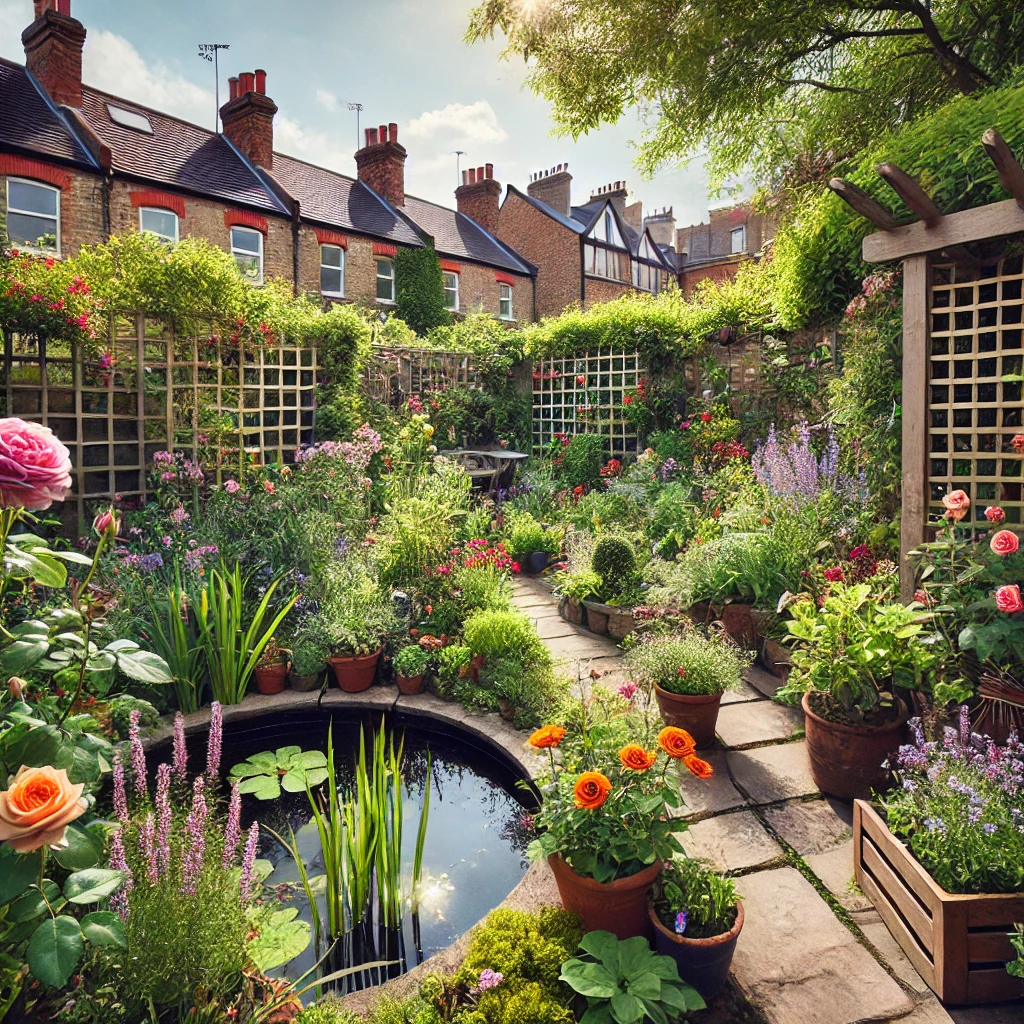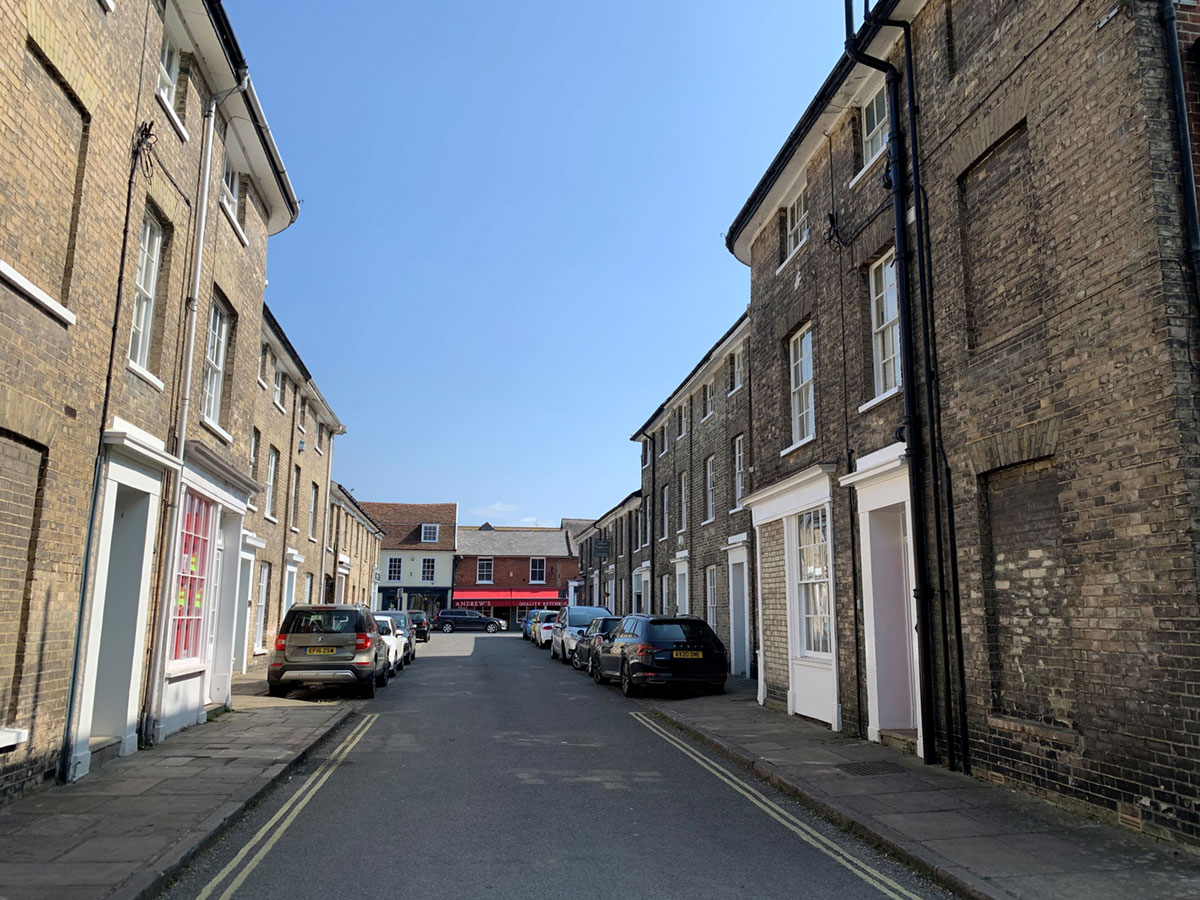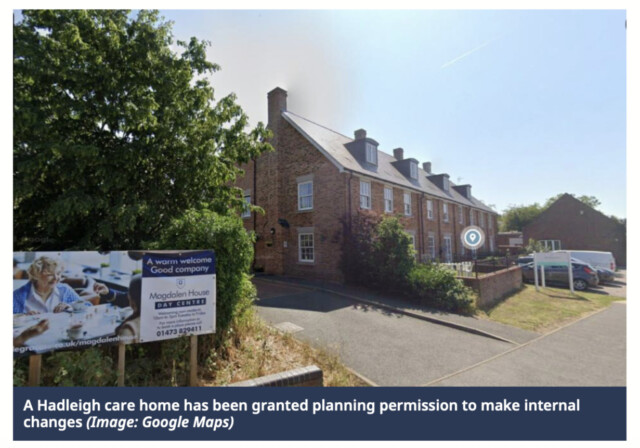Gardening is more than just a pleasant pastime; it plays a crucial role in supporting biodiversity, especially in urban areas where green spaces are scarce. As one of the GardeningDiary.co.uk team said, “A well-maintained garden can also add significant value to your property”. In this article, Gardening Diary explore how urban gardens contribute to wildlife conservation and property value, making them an essential feature for any homeowner.
Boosting Biodiversity in Urban Spaces
Urban gardens serve as mini ecosystems, providing refuge for various species of birds, insects, and small mammals. With urbanisation leading to habitat destruction, private gardens act as vital green corridors connecting parks and nature reserves. Here’s how they benefit wildlife:
- Providing Shelter and Nesting Spaces
Hedges, trees, and dense shrubbery offer shelter for birds, hedgehogs, and insects. Bird boxes, bee hotels, and log piles can encourage a variety of species to thrive. - Enhancing Pollination
Bees, butterflies, and other pollinators rely on gardens as a food source. Planting pollinator-friendly flowers such as lavender, foxgloves, and buddleia supports their populations and, in turn, benefits the environment. - Encouraging Natural Pest Control
A diverse garden attracts beneficial predators like ladybirds, frogs, and hedgehogs, which help control pests such as aphids and slugs without the need for chemicals. - Promoting Native Plant Growth
Incorporating native plants not only supports local wildlife but also enhances the garden’s resilience to the UK’s climate, reducing the need for excessive maintenance and artificial interventions.
The Impact on Property Value
A well-designed garden is a valuable asset that can significantly boost a property’s market appeal and selling price. Here’s why:
- Increased Curb Appeal
A well-maintained front garden enhances the first impression of a home, making it more attractive to potential buyers. - Desirable Outdoor Living Spaces
As more people seek properties with outdoor areas, a beautifully landscaped garden can increase demand, potentially raising property value by as much as 10-15%. - Environmental Benefits and Energy Savings
Trees and shrubs provide shade in summer and insulation in winter, reducing energy bills. Green spaces can also help with water drainage, reducing flood risks. - Mental and Physical Wellbeing
Gardens provide a tranquil escape from urban stress, offering space for relaxation, exercise, and socialising, all of which are increasingly important selling points for modern buyers.
Conclusion
Urban gardens are more than just an aesthetic feature; they serve as essential sanctuaries for wildlife and play a crucial role in boosting property value. By planting a diverse range of flowers, shrubs, and trees, adding water features, and avoiding pesticides, homeowners can contribute to biodiversity while also making their homes more desirable to buyers. Whether for the sake of nature or future investment, developing an urban garden is a win-win decision for all.
For more gardening tips go to www.gardeningdiary.co.uk


